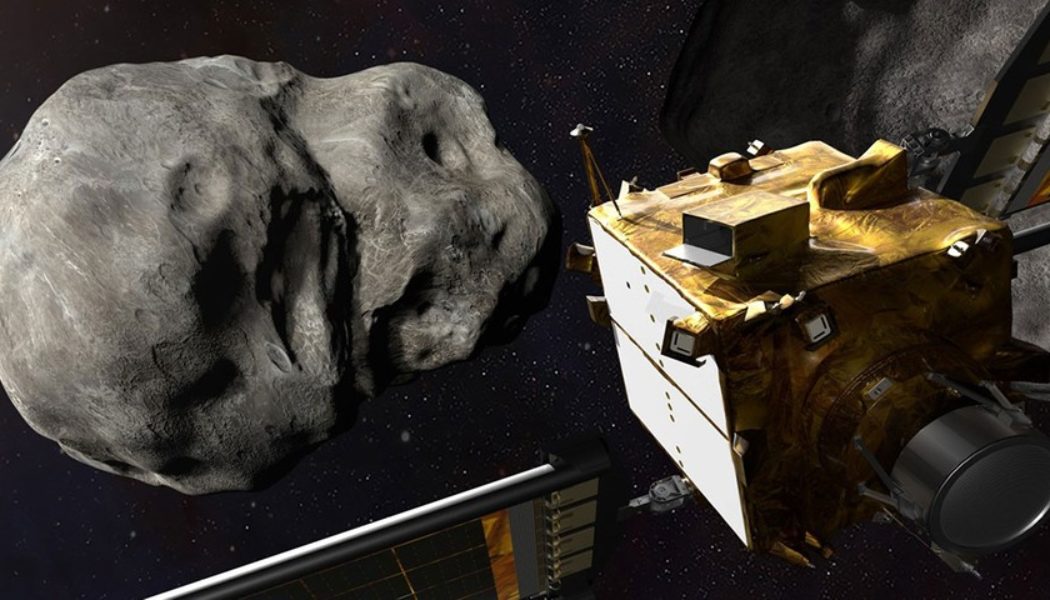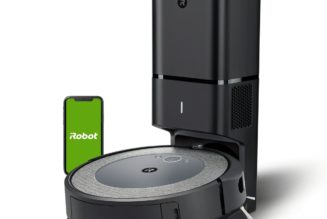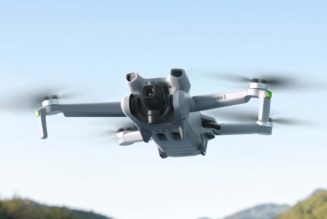
NASA has just confirmed the success of its NASA’s Double Asteroid Redirection Test (DART). While it was announced in late September that its spacecraft successfully made contact with the asteroid, new observations indicate that the stadium-sized asteroid Dimorphos has had its orbit altered.
This now marks the first time humanity purposely changed the motion of a celestial object. “All of us have a responsibility to protect our home planet. After all, it’s the only one we have,” said NASA Administrator Bill Nelson. “This mission shows that NASA is trying to be ready for whatever the universe throws at us. NASA has proven we are serious as a defender of the planet. This is a watershed moment for planetary defense and all of humanity, demonstrating commitment from NASA’s exceptional team and partners from around the world.”
Using telescopes on Earth, it was calculated that Dimorphos now orbits its larger parent asteroid, Didymos, in 11 hours and 23 minutes — down from 11 hours and 55 minutes. Neither Dimorphos nor Didymos poses any hazard to Earth before or after DART’s controlled collision with Dimorphos.
This just in: The #DARTmission impact is confirmed to have changed the orbit of moonlet Dimorphos around its asteroid Didymos.
For the first time ever, humans changed the motion of a celestial object. More details: https://t.co/aQj8N7fnuV pic.twitter.com/NLR6AqEcaO
— NASA (@NASA) October 11, 2022
In other tech news, NASA eyes November 14 for third Artemis I launch attempt.









